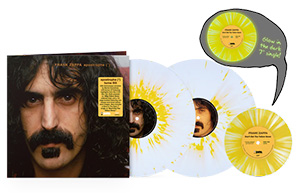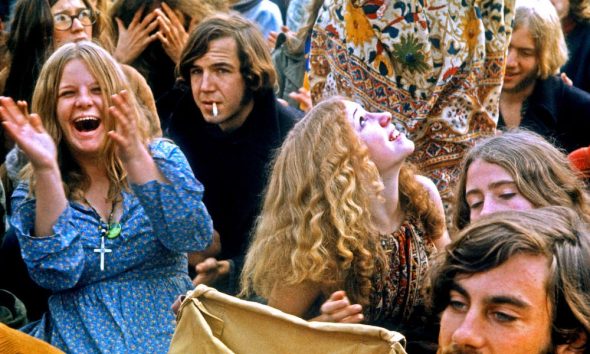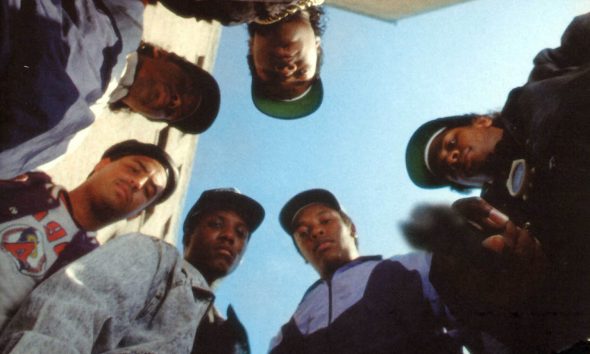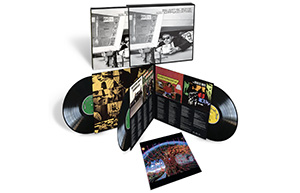Slayer In 20 Songs: The Thrash Metal Legends’ Most Hell-Raising Moments
The most evil of the Big Four of thrash metal, these songs prove why Slayer are hailed as the most influential extreme metal band.
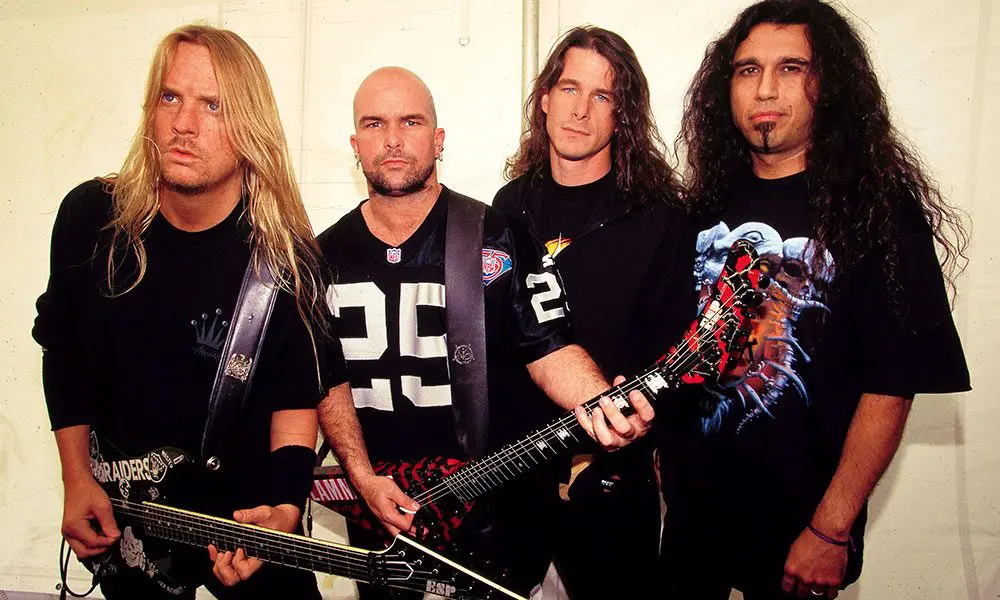
Metallica may have been much bigger, Anthrax a lot more fun, and Megadeth way, way angrier, but of the famed Big Four of thrash metal, Slayer were the coolest – because they were the most evil. Building their reputation on a sequence of classic 80s albums, featuring songs about murder, torture, and Satan – usually played at literally terrifying speeds – Slayer were arguably the most influential extreme metal band ever to stalk the stage. Here’s the story of how it happened, through 20 of the best Slayer songs.
Tom Araya (vocals/bass), Kerry King (guitar), Jeff Hanneman (guitar), and Dave Lombardo (drums) were just a bunch of metal- and punk-loving kids when they got together in King’s garage in Huntingdon Park, California, in 1981. Heavily influenced by Judas Priest and Iron Maiden, they honed a set of covers and reached a reasonable level of proficiency, playing high-school gigs and other low-key events. They might have gone no further had it not been for the Los Angeles label Metal Blade, who offered Slayer a slot on their 1983 compilation Metal Massacre III – the same series which had given Metallica their first break the previous year.
Slayer’s song, “Aggressive Perfector,” impressed Metal Blade owner Brian Slagel enough to offer them a record deal – and a debut album, Show No Mercy, was duly recorded. Though the record was a little amateurish, both in composition and production, its attitude was undeniable and it sold over 40,000 copies in two years, thanks to memorably evil, unnervingly speedy moments that still stand among the best Slayer songs, including “Black Magic.”
Two EPs, Live Undead and Haunting The Chapel – whose title track is a thrash metal classic – helped to spread Slayer’s deadly message in 1984, as did their colossal second album, Hell Awaits, the following year. Ambitious, loaded with satanic reverb and featuring the most striking artwork in the entire thrash canon, this LP marked the point at which the metal audience were forced to take Slayer seriously for the first time.
Songs such as that album’s title cut, complete with a suitably demonic reversed-vocals introduction, led to a deal with Rick Rubin’s Def Jam label, also home to Beastie Boys. While a few metalheads criticised the pairing of band and label, they were soon silenced by the utterly breathtaking Reign In Blood, produced by Rubin and released in 1986.
Featuring, for many, the best Slayer songs ever recorded, Reign In Blood is the gold-standard archetype for all modern extreme metal, thanks to its opening and closing tracks, “Angel Of Death” and “Raining Blood,” as well as warp-speed gorefests such as “Necrophobic,” where the musicians deliver an entire song in under 90 seconds thanks to its insane tempo of close to 250bpm.
Now an established international act thanks to European tours and festival dates, Slayer continued their momentum with South Of Heaven in 1988; by now the thrash metal movement had matured and the major record labels were on board. The new album rewarded fans with a crystal-clear production focusing on Lombardo’s phenomenal drums; ironically, the drummer was briefly replaced on the subsequent tour after a falling-out with his bandmates.
South Of Heaven marked the point at which Slayer recognized that pure speed was no longer sufficient to make their songwriting stand out, and though this album – and the ones that followed – contained its fair share of thrashers, heavy midtempo songs were also to the fore. The title track and “Mandatory Suicide,” a soldier’s death lament, remain in Slayer’s set to this day.
Commercially, Slayer peaked in 1990 with the superb Seasons In The Abyss, which attracted MTV coverage and was accompanied by the international Clash Of The Titans tour alongside Anthrax and Megadeth. The album’s opening cut, “War Ensemble,” was another powerful song played at immense speed, and the title track proved a stand-out, too, but from here, Slayer’s fortunes – and the pulling power of thrash metal as a whole – began to diminish.
By the mid-90s, grunge, alt.rock and the beginnings of nu-metal were attracting headbangers’ attention, and though 1991’s live double-album, Decade Of Aggression, and ’94’s pulverizing Divine Intervention (stand-out tracks: “Killing Fields” and “Dittohead”) were appreciated by the faithful, no-one could compete with the cult of Cobain. Slayer didn’t help the situation by releasing a below-par punk covers album called Undisputed Attitude in 1996 – though one song, “Gemini,” proved that they could do slow, downtuned doom metal with the best of them.
In 1998, Slayer were struggling; while Diabolus In Musica contained some old-school speedfests (“Bitter Peace,” “Point”), its flirtation with nu-metal grooves left some fans in despair. As the thrash metal sound regained its feet in the new millennium, however, the group got its mojo back with God Hates Us All, released, by disturbing coincidence, on September 11, 2001, and featuring the stand-out tracks “Disciple” and “Payback.”
From that point on, Slayer haven’t missed a beat with subsequent albums Christ Illusion (2006), World Painted Blood (2009) and Repentless (2015) – which are represented here by the satisfyingly violent “Cult” and “Psychopathy Red,” recalling the best Slayer songs of yore. The stern vibe of these late-career albums may not match the gimlet-eyed intensity of their early work, but that’s to be expected.
More seriously, the band was dogged by personnel problems in its later years. Dave Lombardo, who had been replaced by drummers Jon Dette and Paul Bostaph – not once, but twice in the 90s – quit for good in 2013. A year later, Jeff Hanneman – who had been replaced as a touring guitarist by Gary Holt of Exodus in 2010, after a spider bite led him to contract necrotizing fasciitis – died of liver failure after years of alcohol abuse. Tom Araya’s ability to headbang like a maniac – a genuinely thrilling part of the live Slayer experience – was also removed after neck surgery in his 50s. As they say, heavy metal tends to eat its young.
The net result of all this turmoil was plain to see. While the Araya/King/Holt/Bostaph line-up is a unit of tremendous power and skill, in January 2018 Slayer announced that they would part ways after one final world tour, leaving a truly unique catalogue behind them.
Listen to the best of Slayer on Apple Music and Spotify.



